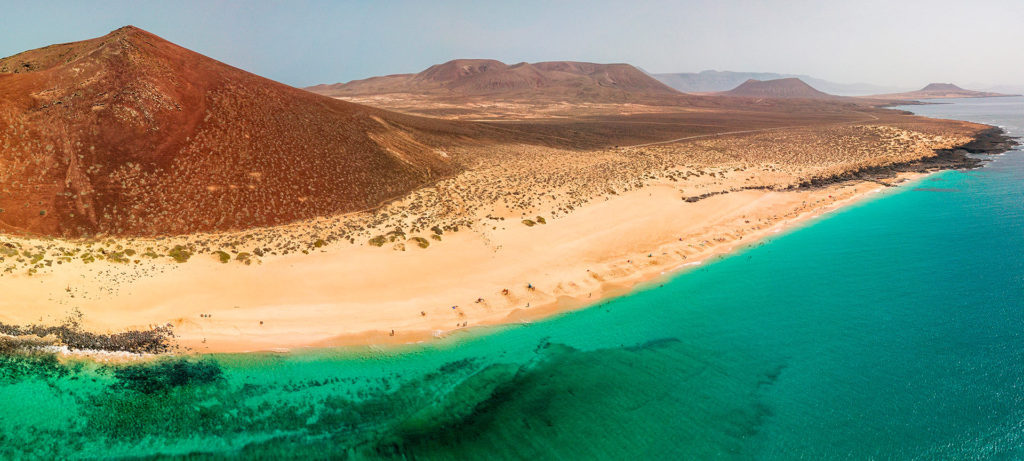Germany, like the United Kingdom, are two of the most important source markets for Spain, and both countries have vetoed the most touristic islands in the country, such as the Canary Islands and the Balearic Islands, which has undoubtedly produced adverse effects on Spanish tourism. However, a few days ago Germany announced that since this past Sunday, it will remove Catalonia and the Canary Islands, Asturias, Castilla-La Mancha and Valencia from its high-risk “black” list for Covid-19. Undoubtedly good news for the country, and especially for the Canary Islands, which was seeing its reserves strongly affected without the strong presence of the Germans. Although it should be noted that the Balearic Islands still remain on the list of forbidden destinations.
As the Hosteltur company tells us, the Robert Koch Institute (RKI) of virology has communicated these changes by publishing the weekly update of the list of risk areas due to the pandemic, a classification that is elaborated together with the Ministries of Foreign Affairs, Health and Inside.
These five autonomous communities become simply risk areas, the least serious of the three categories, behind the high-risk area and the risk area for dangerous variants. In that same list it has also included Andorra
Now, what does it mean that it’s no longer on the high-risk destinations list?
That Germans will be able to travel with greater peace of mind, but they must still present a negative test or a vaccination certificate when entering the country.
It should be remembered that the classification as a high-risk area implies that travelers will have to pass a quarantine when returning to Germany for a period of 10 days, which can be reduced to five if a negative PCR is presented on the fifth day. Those who show a certificate that shows complete vaccination or that they have overcome the disease are exempted from quarantine.
Effect on Spanish tourism of this measure
It is clearly a measure that is taken late, since the German festivities are about to end in more than 16 federal states, so its impact may be positive for the remainder of August, however, we do not predict a very high increase of German visits at the last minute.
New high-risk areas
In this new update, the RKI does not include any new destination in the list of risk zones for dangerous variants. As for the new high-risk areas, it has added Brazil (previously risk by dangerous variant), Dominica, in Greece the island of Crete, one of the destinations most in demand by Germans and the southern Aegean region (from Tuesday 24 August 2021 at midnight), the border and western regions of Ireland, Kosovo and North Macedonia.
If you are a tourist accommodation or hotel owner and you don’t use Chekin yet. Here is the solution to save 80% of your time and earn more with every booking.
